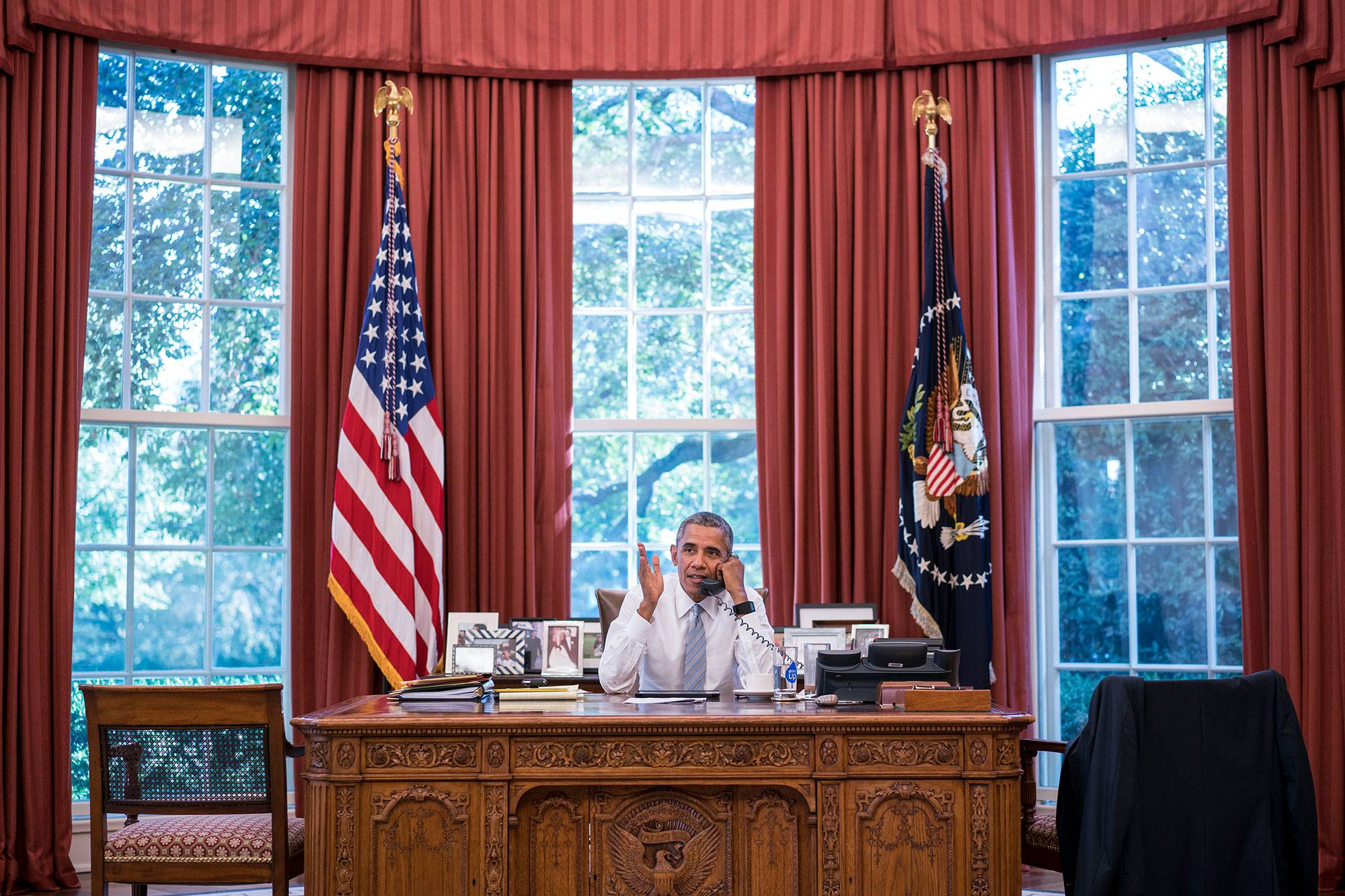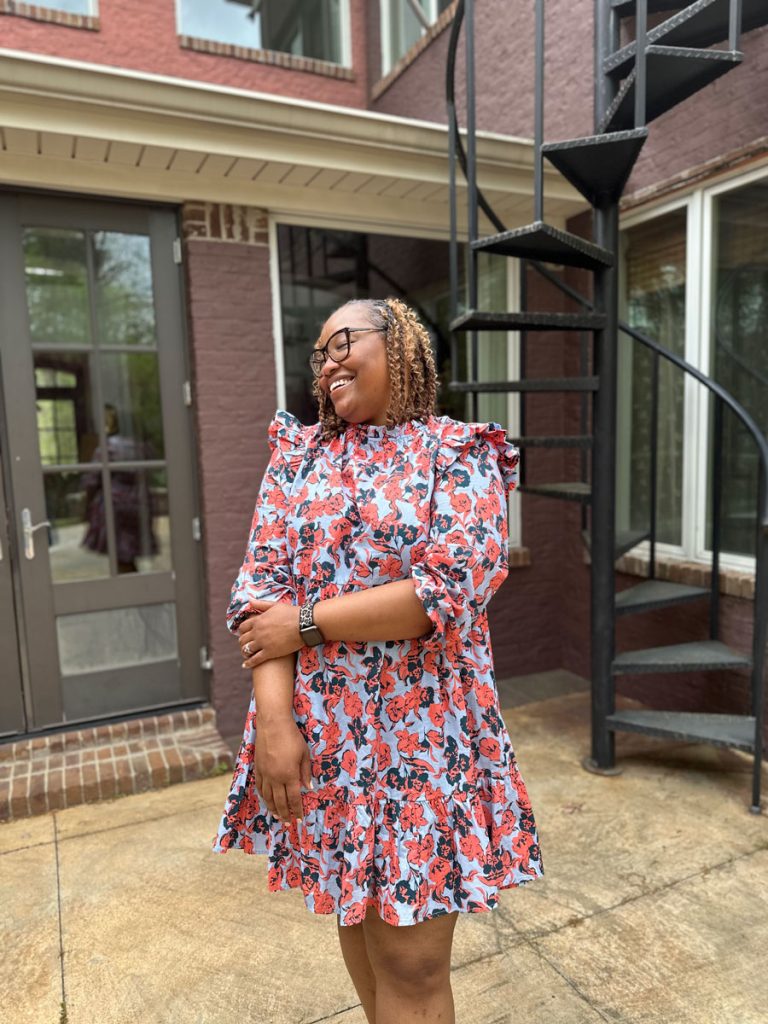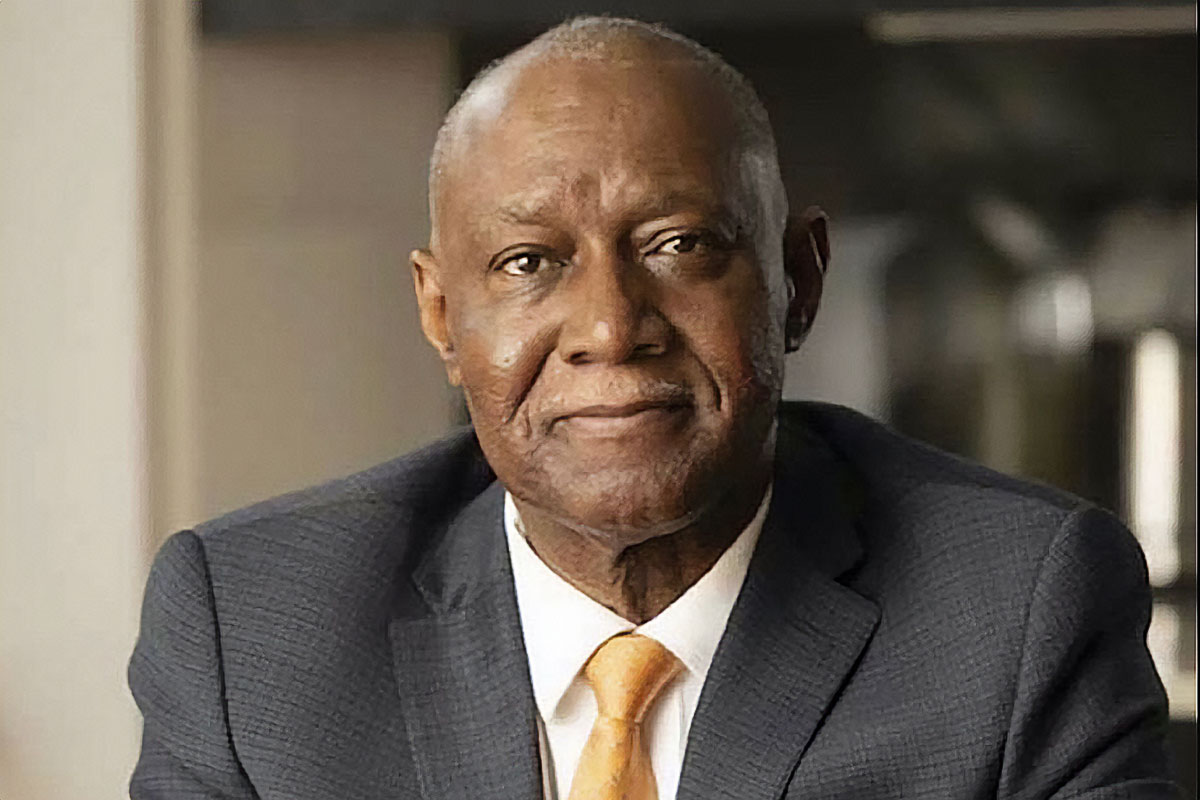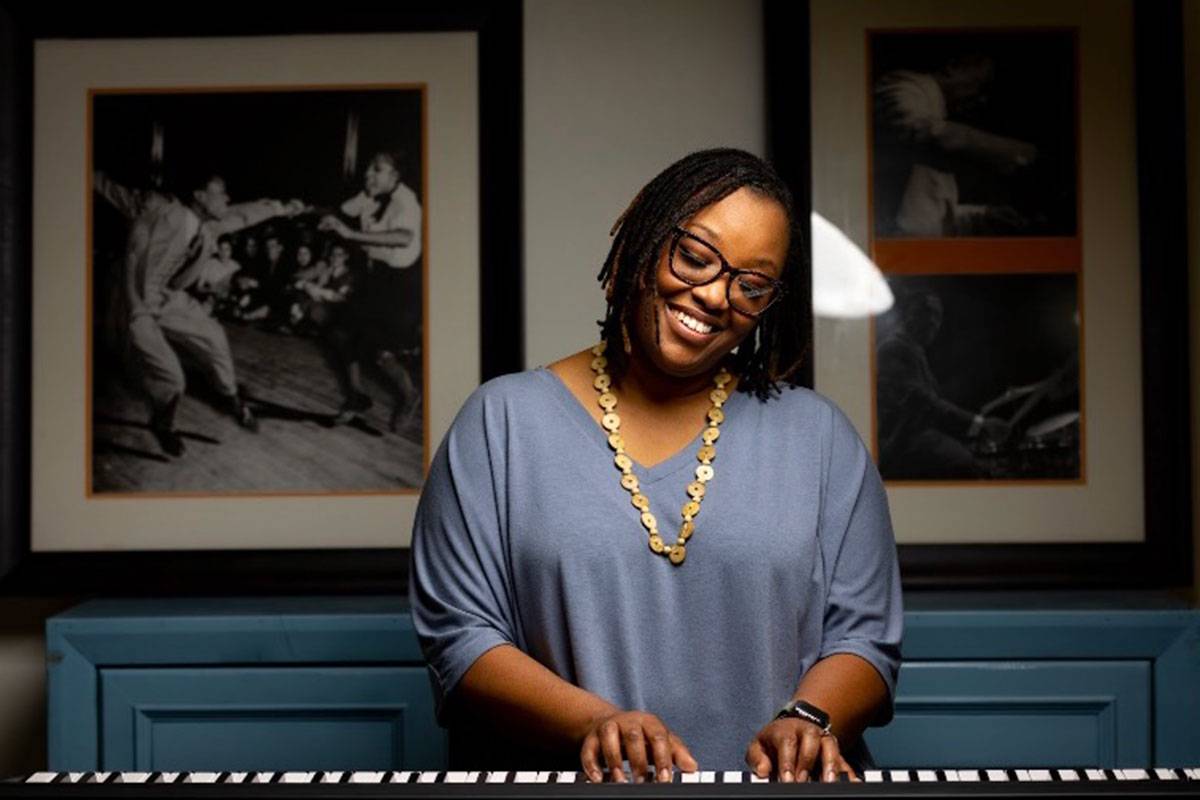By McKenzie Matthews
Sundays were always a joy in Emily-Nicole Brandon’s family. They were days of family-filled fun, with a bubble of lively spirit surrounding them. Each Sunday, Brandon, her husband and their family would all gather at her in-laws’ house in Columbus, Miss., after a spirit-filled church service to enjoy lunch. Each Sunday was such a peaceful and joyous occasion for them, but a certain day in 2008 felt different.
On this particular Sunday, Barack Obama’s presidency was a hot topic. Obama had recently won the November election, and people were still rejoicing over his win. Joe Brandon, her father-in-law, sat in his chair at the head of the table, talking about the president. In the middle of the discussion, he started to cry tears of joy.
The election of the nation’s first Black president hit home for Joe Brandon. He had lived through segregation as a Black engineer for the U.S. Department of Agriculture, also serving in the military. He never thought he would see a minority American elected as president, let alone an African American man. He was so electrified with emotion that it filled the room and ignited a deep engagement within the family.
The emotional response of her father-in-law is still fresh in Brandon’s mind.
“My father-in-law just cried because he had lived through segregation, you see, and so he never thought that he would see the day that there would be a Black president,” Emily-Nicole Brandon said. “Of course, it wasn’t sad, it was tears of joy and pride.”
Post-Obama Decline in Young, Black Voting
The 2008 presidential election was significant for more than just Brandon’s family, as it marked the first time a Black man had been elected to the nation’s highest office. Not only had an “unlikely” person become president, but hope for new reforms and changes were born that day. Marginalized communities in particular rejoiced, feeling that they finally had representation.
While the day sparked hope for democracy in these communities, it also renewed their faith in the power of voting.

Since Obama’s presidency, a lot has happened. “For eight years it seemed like everything was going to be alright. But look at us now, it’s kind of scary,” Brandon said. A Pew Research Center analysis of U.S. Census data showed that voter turnout in the 2016 and 2018 elections declined among young people and Black Americans, two groups who had high turnout rates for Obama’s two terms.
In 2016, the voter turnout rate among African Americans decreased by 7.3 percentage points compared to 2012, dropping from 66.6% to 59.3%. Then in 2018, the voter turnout rate among young people (ages 18-24) decreased by 4.4 percentage points compared to 2014, dropping from 21.5% to 17.1%. A study by the Center for Information & Research on Civic Learning and Engagement (CIRCLE) found that voter turnout among young people in the 2018 midterms was lower in many states compared to the 2014 midterms.
These statistics suggest a decline in voter engagement—particularly among young people and African Americans—since Barack Obama’s presidency. However, voter turnout has fluctuated over time and can be influenced by various factors, including political engagement, voter suppression, demographic changes and who is on the ballot.
This decreased voter turnout often stems from voter apathy.
‘I’ll Never Forget When Trump Won’

Voter apathy is a lack of interest or enthusiasm among citizens about voting, elections and the political process. In the summer of 2024, many people are experiencing voter apathy, citing past election results and perceived governmental failures to make effective change. Voter apathy can start with people disappointed with the electoral candidates being nominated.
Emily-Nicole Brandon feels this disappointment, too. “Now, have my feelings been hurt with some of the outcomes? Yes. I mean, I’ll never forget when Trump won the presidency. I didn’t even want to go to work that day. It was just a difficult day because I was mad,” she said.
Brandon says government officials could inspire more confidence at the ballot box if they led a different life in the public eye. “It’s the way they speak,” she said.“When Barack Obama was in his debate, they weren’t talking about who slept with who and what prostitute or anything. It’s the way you present yourself.”
People of color were disenfranchised during the Jim Crow era, Brandon says, and after the passage of the Civil Rights Acts, they knew that voting was one useful outlet to have their voices heard.
“I feel very passionate about my rights because it took a lot for me to have that ability to go and vote,” she said. “My parents educated me as a young child about things that Black people in America had to deal with when it came to voting. Even though it was the law that we could (vote), people still tried to screw it up like they do now, just because of the color of your skin. And so I try my very best to not miss any kind of election.”
‘A Right to Help Change Through Voting’
Rev. Calvin Day, pastor of St. John MB Church on Medgar Evers Boulevard in northwest Jackson, preaches that voting rights and education are imperative to ensuring good leadership. “We perish for lack of knowledge,” he told the Youth Media Project. “Get knowledge and get wisdom, but in all of your getting, get a better understanding.”
Rev. Day emphasizes how important it is to be educated in voting rights and how significant the right to vote to Black Mississippians. “Even though there was a discouragement that you couldn’t do this and you couldn’t do that, that made you realize how important voting was,” he said. “Voting has always been a very important matter in the democratic process in America.”
The pastor also does many things to encourage his fellow church members, including allowing a variety of elected officials and candidates to come to his church to campaign for their elections.
“I’ll let them speak for five or 10 minutes as long as they don’t say anything crazy or put people down,” the reverend said. “But I don’t think I’ve ever actually brought someone. They seek to get into St. John. They know that we may not be the largest church in Jackson, but we probably have one of the largest footprints of influence. About 90% of those who choose to come have won.”
Rev. Day says that his members know he does not encourage any negative beliefs, so they feel comfortable with trusting the candidates he allows into his church because they promote positivity and want to create a better community.

As for Nicole Brandon, she now has a renewed hope in the 2024 election since Kamala Harris became the presumptive Democratic nominee for president. “She actually knows what she’s talking about when it comes to the government,” she says. “I feel confident in her, and I think that she’s dealt with people like Trump in court and won. I’m to the point now where I feel like I’ll use my own vehicle to pick up folks to take them to the polls.”
Both Brandon and Day believe voter apathy poses a threat to citizen engagement and weakens the actual significance of voting.
“Voting is a powerful tool,” Rev. Day says. “People should stop talking about elections and voting as if it’s politics and talk about it as if it’s their right. Think about it, saying, ‘I have a right to help change through voting’. If people would just talk about treating each other right and fair and stop saying that it’s politics, people would go out and vote more. Just do the right thing because it’s the right thing to do.”
McKenzie Matthews is a 2024 Youth Media Project student who attends Terry High School. You can read more about McKenzie here.

